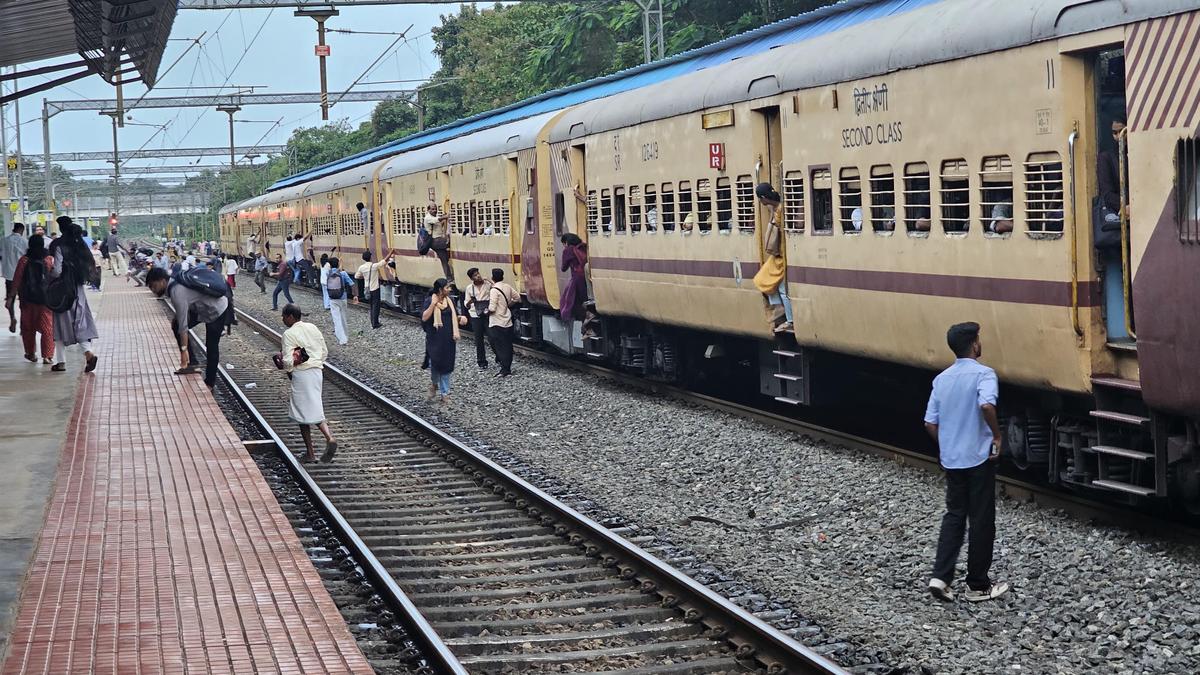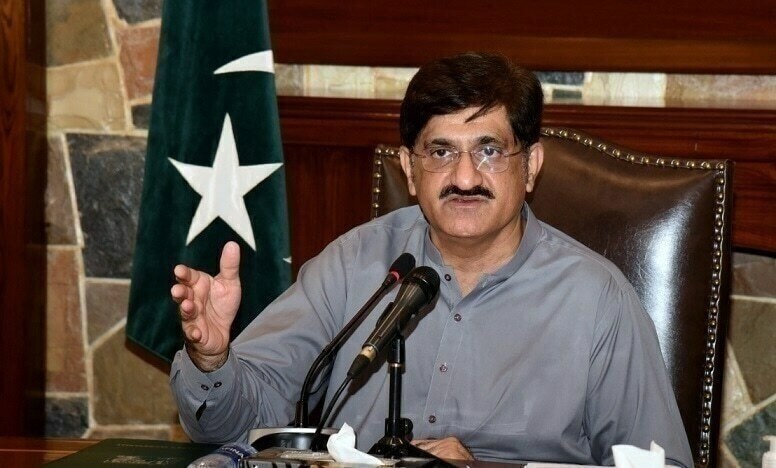Copyright thehindu

On the night of November 2, a search-and-rescue party consisting of the Railway Protection Force (RPF) and local law enforcement located Sreekutty, a 19-year-old, who was booted off a moving Kerala Express train by an allegedly inebriated fellow passenger between Varkala and Kadakkavoor stations in Thiruvananthapuram. Sreekutty, who suffered serious cranial and other serious injuries, is battling for her life at the Government Medical College Hospital, Thiruvananthapuram. The terrifying incident, emblematic of the darker side of daily commuting, has resonated strongly among the travelling public, especially women transiting alone on commuter trains running largely empty at night. It has sparked a strident demand for gender-sensitive policing of public spaces. The Joint Council, a service organisation affiliated to the Communist Party of India (CPI), is organising a march to the Southern Railways Divisional Office in Thiruvananthapuram on Friday (November 7, 2025) demanding greater security for women on commuter trains. K.P. Sreekumar, general secretary of the council, said train cars, especially at night, were largely “unmapped no man’s land.” ‘Authorities apathetic’ “Railway officials and law enforcers onboard trains are not receptive to complaints from passengers. On Wednesday night, for instance, government employees travelling from Malappuram to Thiruvananthapuram reported a raucous drinking party by a group of youth near the train’s door to the ticket inspector. He pleaded inability to intervene. An RPF official said he required a written complaint”, said Mr. Sreekumar. Sreeja Sasidharan, chairperson of the committee on Prevention of Sexual harassment (POSH) cases in Thiruvananthapuram district, said the attack on Sreekutty was merely a thread in the broader fabric of harassment travelling women face. “Gender-sensitive policing and awareness campaigns stigmatising misogynist behaviour in public spaces might be a way out in the long run”, she said. Technological solutions K.S. Shahansha, Superintendent of Police, Government Railway Police (GRP), told The Hindu that technology might be a solution to cover policing blind spots on moving trains. “Law enforcement is launching an application wherein women can flag that they are travelling alone so that the police can actively track their relative location through the entire course of the journey”, he said. Meanwhile, State Police Chief (SPC) Ravada Chandrasekhar has deployed home guards, including women, to augment the GRP. He has also ordered the GRP to conduct armed patrols onboard trains. The State Police have deployed personnel with breath analysers at 38 railway stations to detect alcohol impairment. As many as 36 GRP teams will randomly patrol train carriages. The GRP, in conjunction with the RPF, has launched a special drive to mitigate risks to rail passengers, chiefly women. The GRP has booked 81 cases of alcohol-impaired behaviour onboard trains and railway platforms in the past five days. The RPF has booked 103 cases, including for ticketless travel, trespassing on train cars reserved for women and occupying berths and seats earmarked for differently abled persons.



